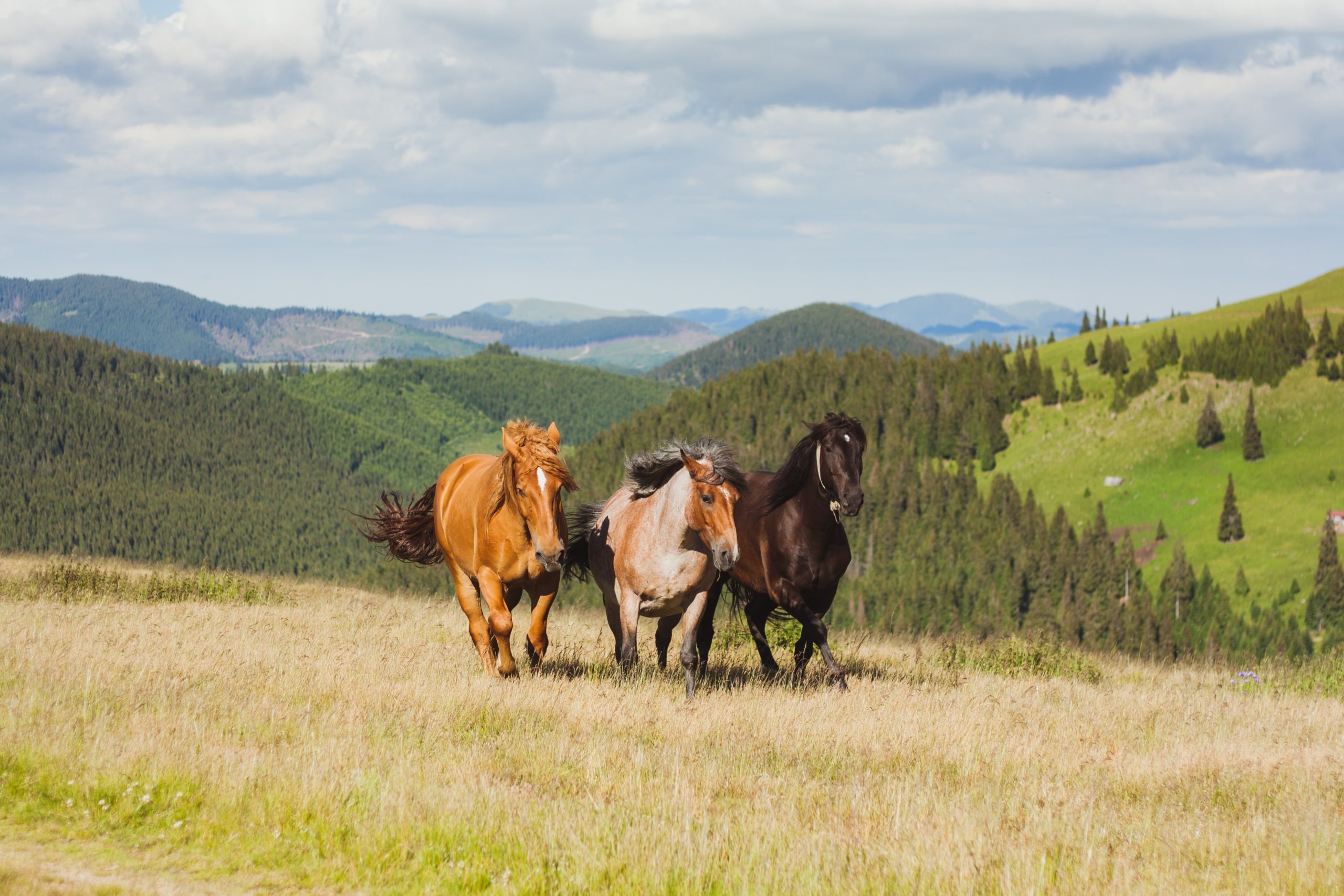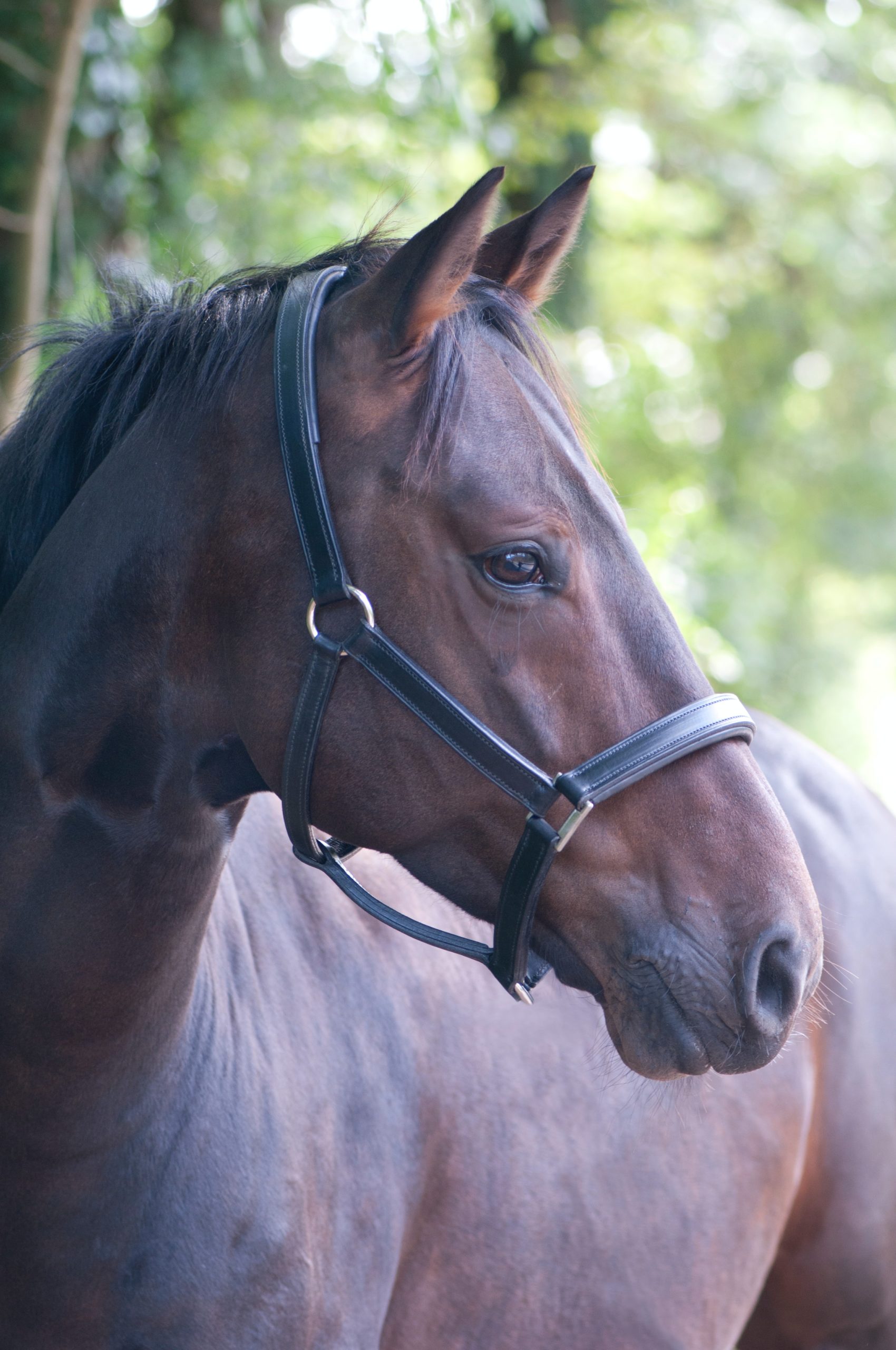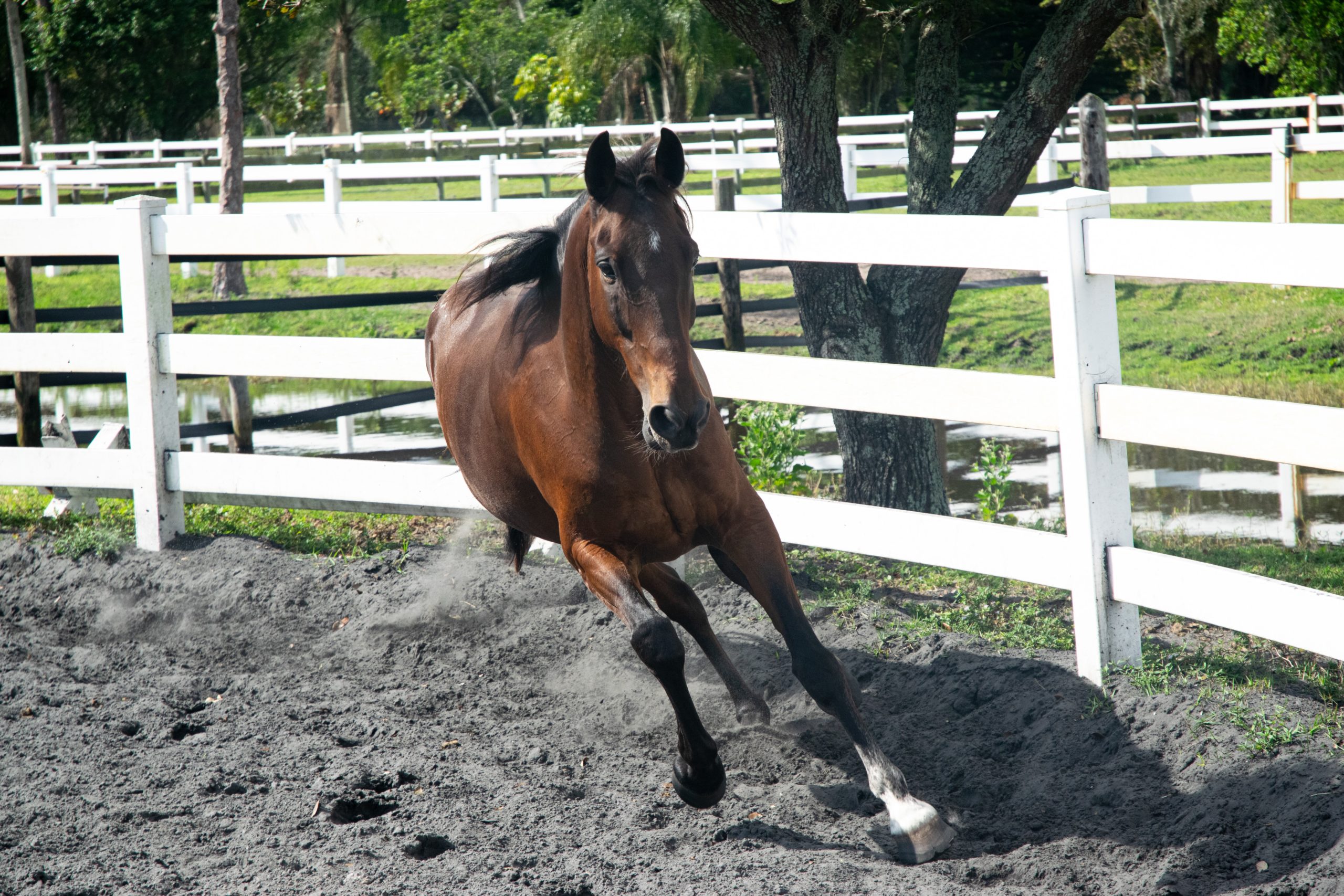Sugar requires special attention, lots of space to roam around free, large amounts of food and daily exercise to stay healthy. That is definitely not an issue at The Wine & Country Club, and the Club’s staff members are always at your beck and call to make sure your horse is properly cared for.
Horses are unique animals that require proper care and maintenance. Before you bring your new equine companion home, there are a few essential things about good horse care you will need to know. You must also ensure you have the time and resources to care for it properly right away.
A good understanding of horse nutrition is key to ensuring your horse remains in peak condition all year round. Horses are mainly fed with fodder—be it hay, alfalfa or forage—although grains, such as oatmeal or sweet fodder may also be fed from time to time; chaff can be added to the feed to encourage the horse to chew, which will result in easier and more efficient digestion. Always use high quality feeds—never be tempted to feed dusty, mouldy or old feed—. Feed by body weight and temperament not volume. If your horse is of average size and has a normal level of activity, he should ideally eat 9 to 10 kilos a day. However, every horse is an individual and adjustments must be made according to how he responds to feed.

Horses are creatures of habit and thrive on a regular routine, so make sure you feed your horse at the same time each day—2 to 3 times a day—. Do not exercise directly after feeding; instead, allow one to two hours after feeding before working your horse and, if you have worked your horse hard, do not offer a feed until it has fully recovered. This allows the digestive system to process the feed most effectively. Salt—sodium and chloride, which are key electrolytes that are often too low in horses’ intakes and are necessary for daily body maintenance jobs—is also essential to equine health. An easy way to ensure your horse is consuming enough salt is by simply top dressing the daily feed with table salt—an owner can work up to adding 1 to 2 tablespoons per day—.
A constant and unlimited supply of fresh clean water for your horse is an essential element in good horse care. Horses need between 25 and 55 litres of water a day, depending on size, weight, level of activity and location.
As for resting, note that horses require generous spaces such as a stable or a barn. You should litter your horse with straw bedding, which should not be too hard since it could cause long-term injury. Furthermore, you must be careful that fungal spores contained in straw do not cause a respiratory ailment. Should this happen, you can always opt for alternatives, such as dust extracted wood shaving or hemp beddings.

It is worth pointing out the importance of keeping a horse’s surroundings clean and well maintained, including both the feeder and drinker (twice a week), renewing horse’s bedding (once a week), airing the space and removing all waste.
For horses to stay fit, they need to exercise for one hour, four times a week. As with humans, before exercising, horses need to warm up. The best routine is 10-minute stepping, followed by some trotting and finally some galloping.
How To Groom Your Horse
Encourage a bond with your horse while grooming. Taking care of your horse’s coat, mane, hooves, ears, eyes and muzzle not only improves his appearance and health, but it also provides an opportunity for you to check for injuries or irritations, and it makes for a very special and relaxing moment.
A flowing, shiny mane and tail are a joy to behold. In addition to combing out the tangles, you also need to loosen the dirt in your horse’s coat. Use your curry comb or grooming mitt to remove any mud, grit, dust, and other debris before trying to put a real shine on your horse’s coat. After currying the body to get rid of the coarser dirt, it is time to go to work with a body brush to whisk away dirt.
This longer-bristled, stiff brush will get rid of what the curry comb missed. A finishing brush, which has shorter, softer bristles, helps to bring out the shine on your horse’s coat. The finer bristles help smooth out the body hair and leave your horse looking more finished and glossy.
Pick Out A Horse’s Hooves To Maintain Hoof Health
Cleaning out your horse’s hooves is an essential part of horse care and it needs to be done frequently—this will also depend on the type of activity of your horse—. The concave shape of a horse’s hooves and the two clefts beside the frog can easily pick up debris that could injure the horse’s hoof. Keeping the hoof cleaned out may also help prevent thrush from starting.
The above are some horse care best practices to ensure that your equine companion is cared for in the best possible way.




